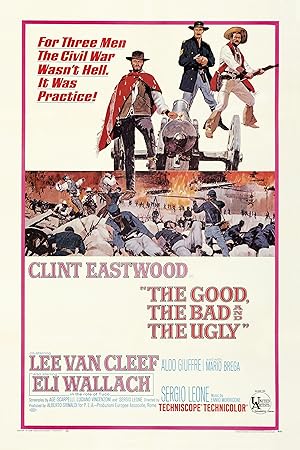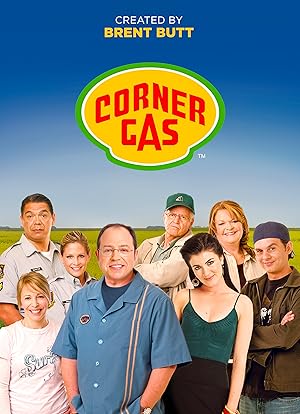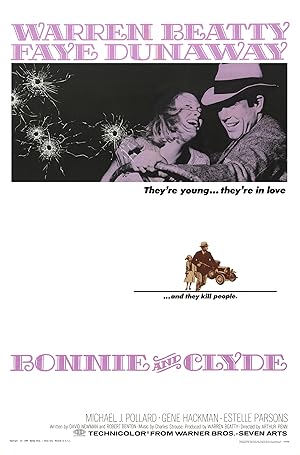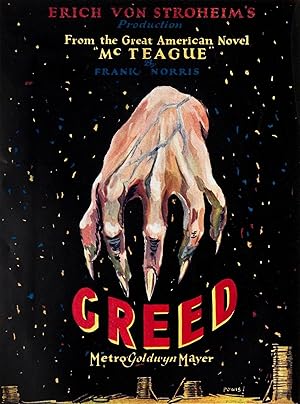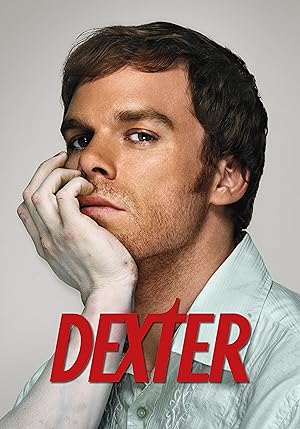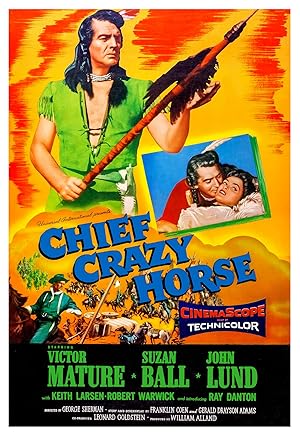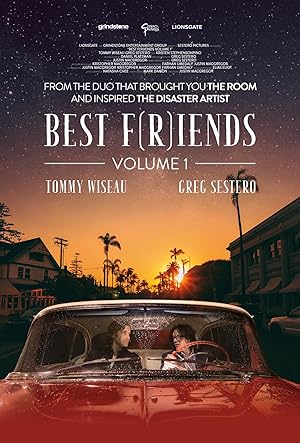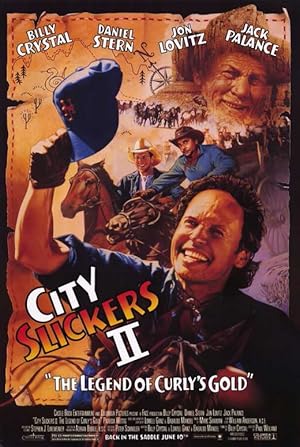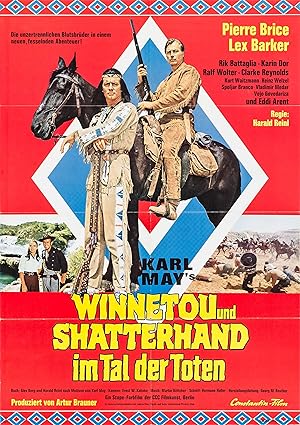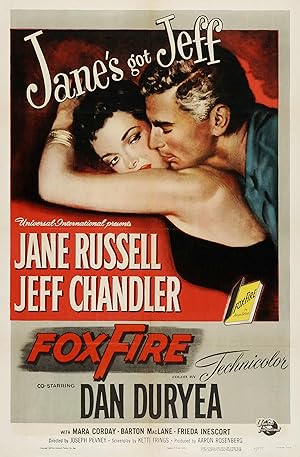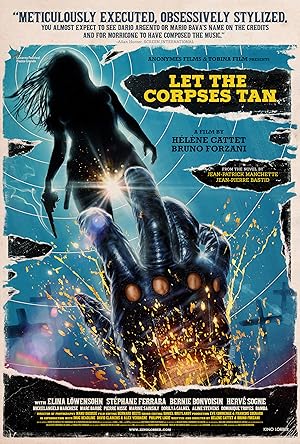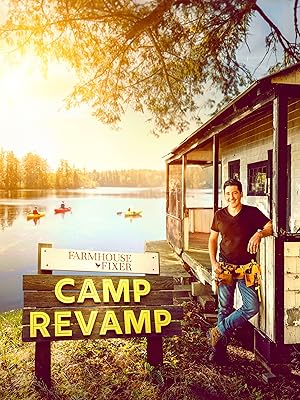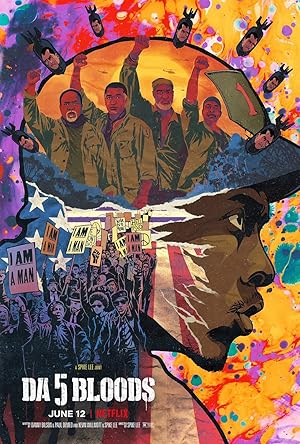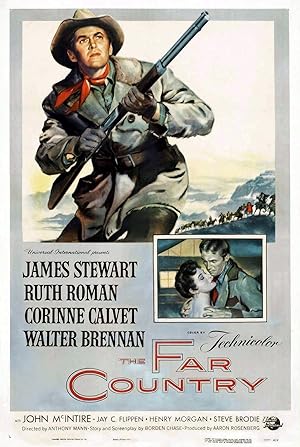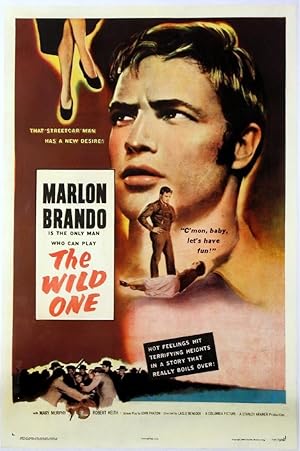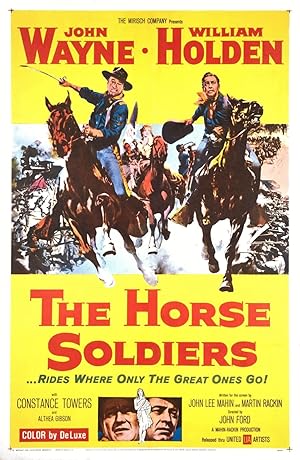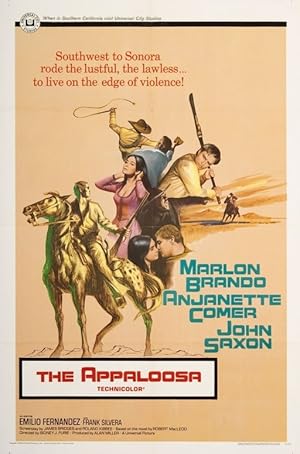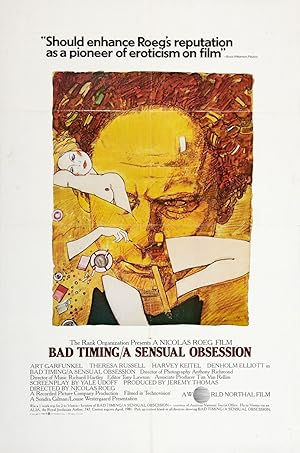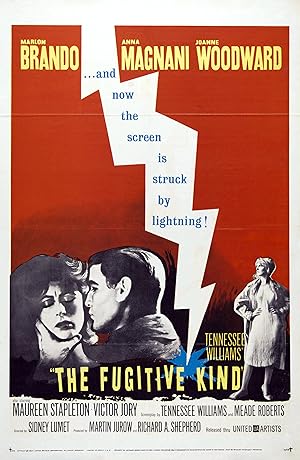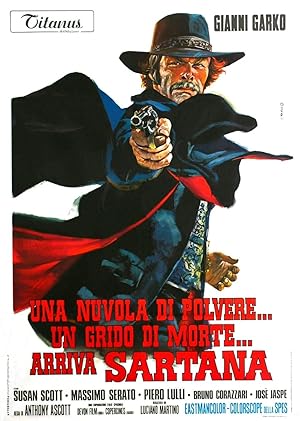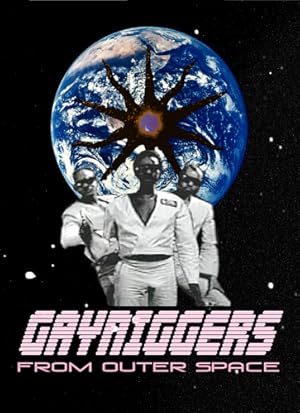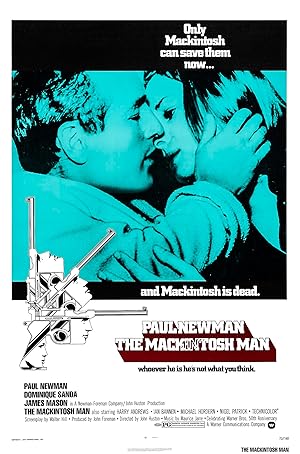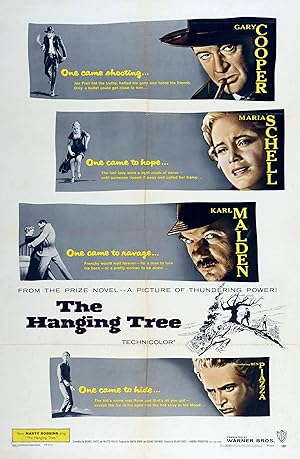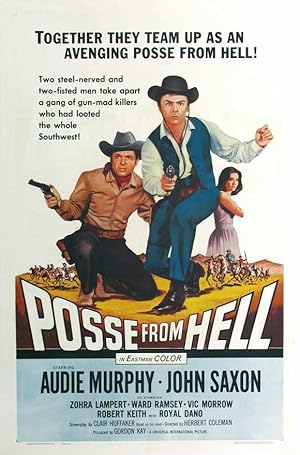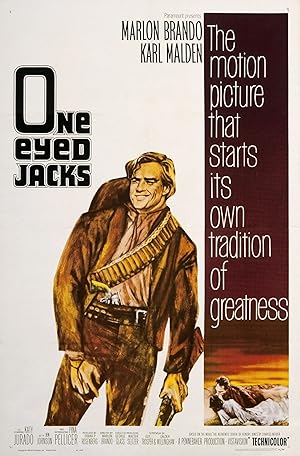
- HD 1080
- Runtime: 141m.
- Status: Released
3
- Languages: en
- Country: United States of America
- Director: Marlon Brando
- Stars: Marlon Brando, Karl Malden, Katy Jurado, Ben Johnson, Slim Pickens
- keywords: gold, ambush, stolen gold
- Production_studio: Pennebaker Productions
- Slogan: The motion picture that starts its own tradition of greatness.
- providers: fuboTV, Peacock Premium, Cultpix, Peacock Premium Plus
- The One-Eyed Jacks is featured in the top rankings of 1961
- #53 in Top Drama Movies of 1961
- #5 in Top Western Movies of 1961
Running from the law after a bank robbery in Mexico, Dad Longworth finds an opportunity to take the stolen gold and leave his partner Rio to be captured. Years later, Rio escapes from the prison where he has been since, and hunts down Dad for revenge. Dad is now a respectable sheriff in California, and has been living in fear of Rio's return.
